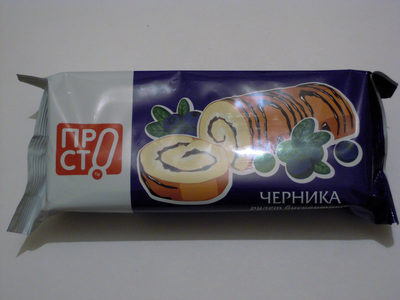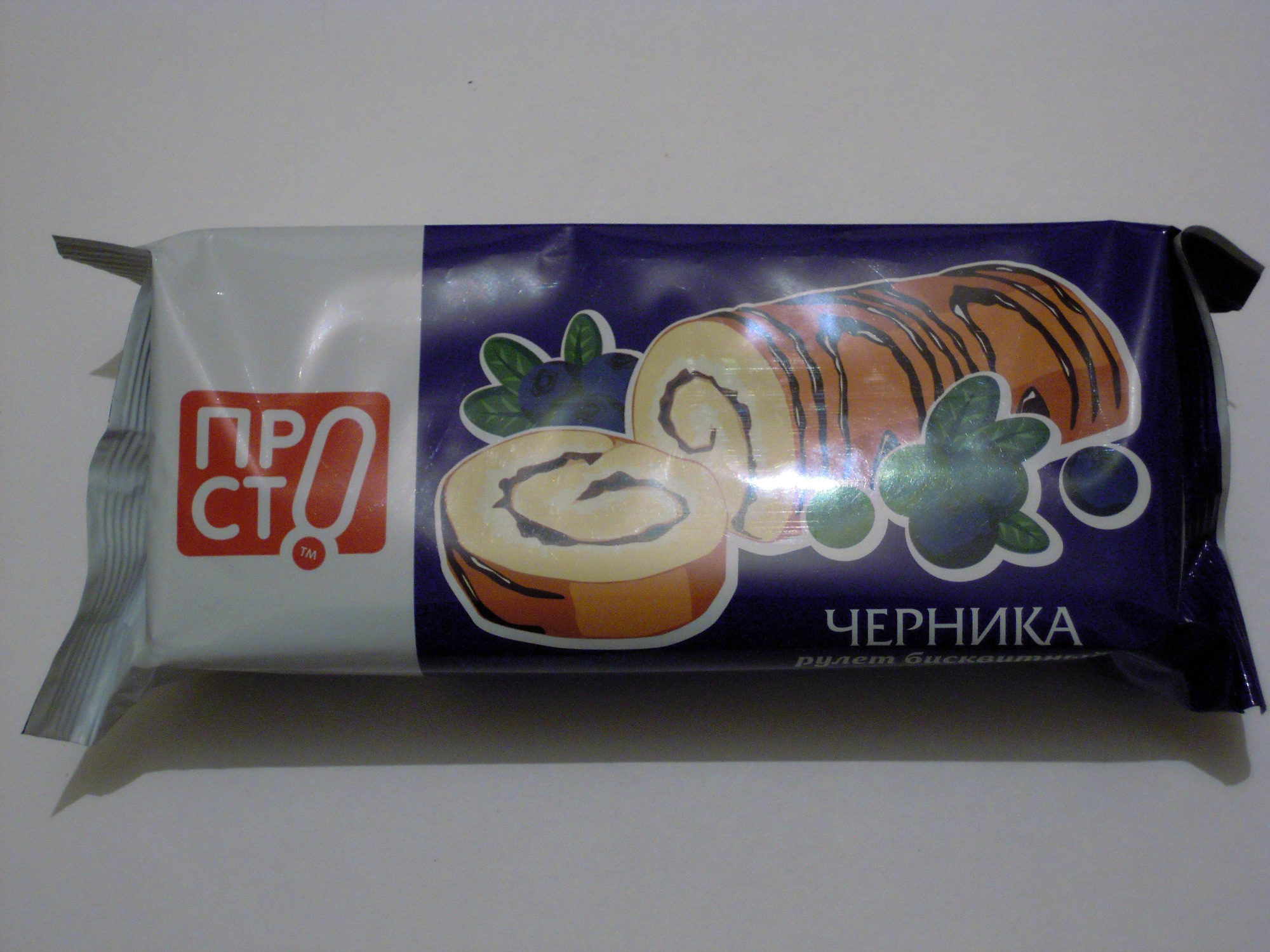Рулет бисквитный ЧЕРНИКА - Просто! - 200 г
This product page is not complete. You can help to complete it by editing it and adding more data from the photos we have, or by taking more photos using the app for Android or iPhone/iPad. Thank you!
×
Barcode: 4607001415916 (EAN / EAN-13)
Common name: Рулет бисквитный с кремом и фруктово-ягодной начинкой черника. ТУ 9130-007-56859912-2011.
Quantity: 200 г
Brands: Просто!
Categories: Snacks, Sweet snacks, Confectioneries, ru:ОКП 91 30, ru:Рулет бисквитный с кремом и фруктово-ягодной начинкой черника, ru:Рулет бисквитный с кремом и фруктово-ягодной начинкой черника. ТУ 9130-007-56859912-2011
Stores: Перекрёсток
Countries where sold: Russia
Matching with your preferences
Environment
Packaging
Transportation
Report a problem
Data sources
Product added on by bleakpatch
Last edit of product page on by bleakpatch.
If the data is incomplete or incorrect, you can complete or correct it by editing this page.









